News Archive
Research
-
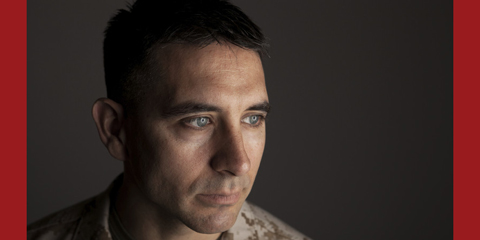
The Center for Innovation and Research on Veterans & Military Families (CIR) has received funding to launch an indepth study assessing the needs of veterans in the Bay Area, particularly the military-to-civilian transition issues facing LGBT veterans.
Thanks to support from the Wells Fargo Foundation and Deloitte LLP, the San Francisco Veterans Study will poll 1,000 veterans on such topics as transition challenges, employment, finances, housing, health and access to services.
-
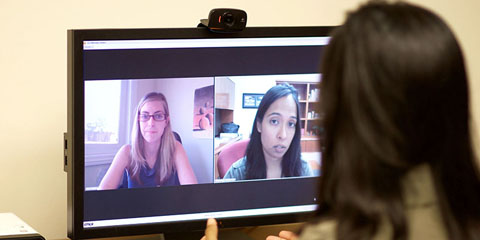
As policymakers and the medical community seek to improve collaborative care to the most vulnerable populations, USC Telehealth at the USC School of Social Work announces the launch of a new and innovative pilot program with the Los Angeles County Department of Mental Health (LADMH) to provide online mental health services to at-risk youth ages 16-21.
-
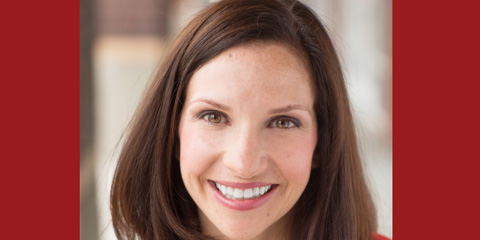
Practice and research are two sides of the same coin in the social work realm.
Clinicians rely on researchers to develop new and effective methods to work with clients, whereas researchers rely on practitioners to inform them of what works and doesn’t work in the field. Bridging the gap between the two, however, is not always easy.
That’s where adjunct lecturers and other clinical faculty members at the USC School of Social Work enter the picture.
-
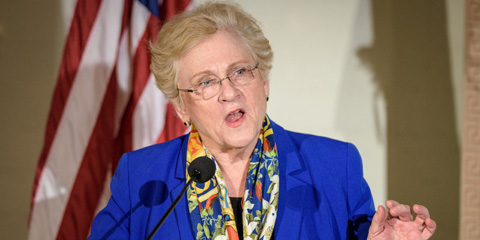
Leaders from the public, private and nonprofit sectors gathered at USC on April 27 for a summit to launch a sustained, collaborative effort to end homelessness in Los Angeles and serve as a model for other communities.
-

One of USC’s foremost experts on homelessness and HIV/AIDS will share her knowledge with promising scholars as part of a prestigious national mentoring initiative.
-

USC Trustee Daniel M. Tsai and his wife, Irene Chen, MA ’83, were concerned about the growing aging society in Taiwan, a country that has faced challenges with low fertility rates in recent decades. Both have aging parents themselves and wanted to find a way to empower older adults through technology.
-

In 2011, Michelle Obama and Jill Biden announced Joining Forces, an initiative to better support members of the U.S. military and their families.
-
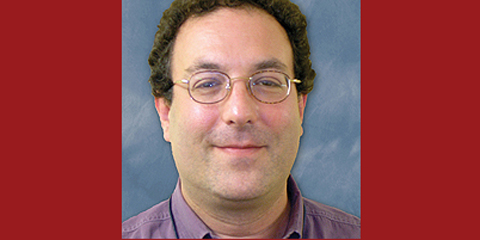
I participated in two recent watershed cultural and transformational moments. Both instances occurred at university-centered conferences, not always the contexts of epiphany and emotional social change — but indeed, that is where they occurred. I’m now filled with hope that universities can collectively join forces with public schools to support military-connected and veteran students.
-

Veterans across the nation are unprepared for life after military service, according to a new University of Southern California study.
A report by the Center for Innovation and Research on Veterans & Military Families (CIR) at the USC School of Social Work of veterans living in and around Chicago found that a majority of veterans, primarily those serving after the Sept. 11 terrorist attacks, experienced transition challenges and needed time to figure out what to do after the military.
-
In order to draw attention to the difficulties children in military and veteran families face in schools, Jill Biden, wife of U.S. Vice President Joe Biden highlighted Operation Educate the Educators, a federal initiative, during a discussion last Monday at the annual conference for the American Educational Research Association.